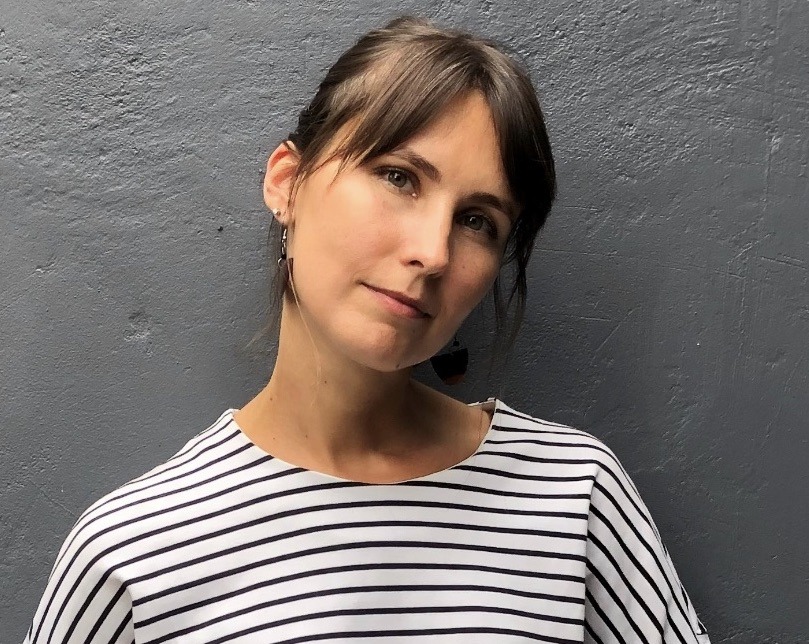I left Ukraine when I was 26 to start my career in the development and humanitarian field in Afghanistan.
I never could have imagined I would be back in my home country with World Vision 13 years later to work on the humanitarian response supporting people displaced by conflict. My own family included.
Being in Afghanistan inspired me so much I have found it impossible to stop. Unlike the grim picture of the country that we mostly see in the news stories, there is a beautiful side to Afghanistan. Living and working alongside many inspiring Afghans taught me a lot. Afghanistan holds a special place in my heart and sometimes I wonder how many first-time humanitarians are now in Ukraine and what this experience will mean to them.
Equally inspiring was my experience in other places affected by conflict. Being a witness to how after going through the worst imaginable experiences people still maintain hope and do not give up, I was often in awe of such remarkable resilience. I’m seeing it now in my friends and family, and millions of Ukrainians.
When the war in Ukraine had entered a new full-scale phase in February 2022, my sister and her 19-year-old son were trapped in Mariupol, a city now in ruins after being captured by Russian forces.
The shock and disbelief I felt in the first few weeks are still hard to comprehend. I have friends who joined the armed forces to defend their country, others who lost loved ones in bombardments, and many who had to drop everything to get their families to safety. I consider myself lucky for being able to come back to Ukraine for a short deployment to take part in the humanitarian effort.
I was on the UN shuttle from Poland to Ukraine when I received a message from my sister telling me they made it out from Mariupol. It was five long weeks of not having any contact with them and not knowing if they ever make it out alive. But, miraculously, they did. They had to make their way to Europe through Russia which was the only way out at that point. Thankfully, they have since been reunited with my father in Kyiv where they remain to this day. Being back in Ukraine in those uncertain times meant the world to me.
Watching those closest to me deal with daily air strikes and routine encounters with death and destruction provide a valuable insight into what it’s like to be on the other side of the humanitarian equation. It reinforces the understanding of the impact of our work on those we serve and reminds of the importance and value of this work.
Today, on World Humanitarian Day, I’m so proud of the efforts of aid workers everywhere around the world – especially women. More women are entering the field despite the risks to their safety and that of their families. Women constitute a significant part of the frontline aid workers, often with families of their own impacted by conflict, helping others in need. They are generous, strong, and usually take on extraordinary risks.
Aid workers are being increasingly targeted in conflict-affected areas with abduction and attacks that lead to injury and death. In 2021, 108 aid workers were killed, 242 injured, and 125 kidnapped, according to the Aid Workers Security Database.
Women in the sector face an extra layer of risks, are usually disproportionately affected by conflict and face multiple barriers preventing them from taking leadership roles.
The humanitarian system needs more women leaders to be able to respond adequately to today’s challenges. Despite the progress made over the last decade, more needs to be done to empower and support women’s leadership in the sector to be able to serve better people’s needs in emergencies.

